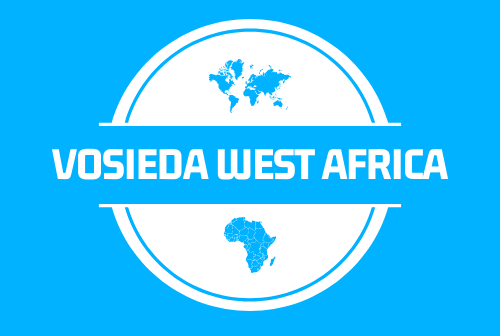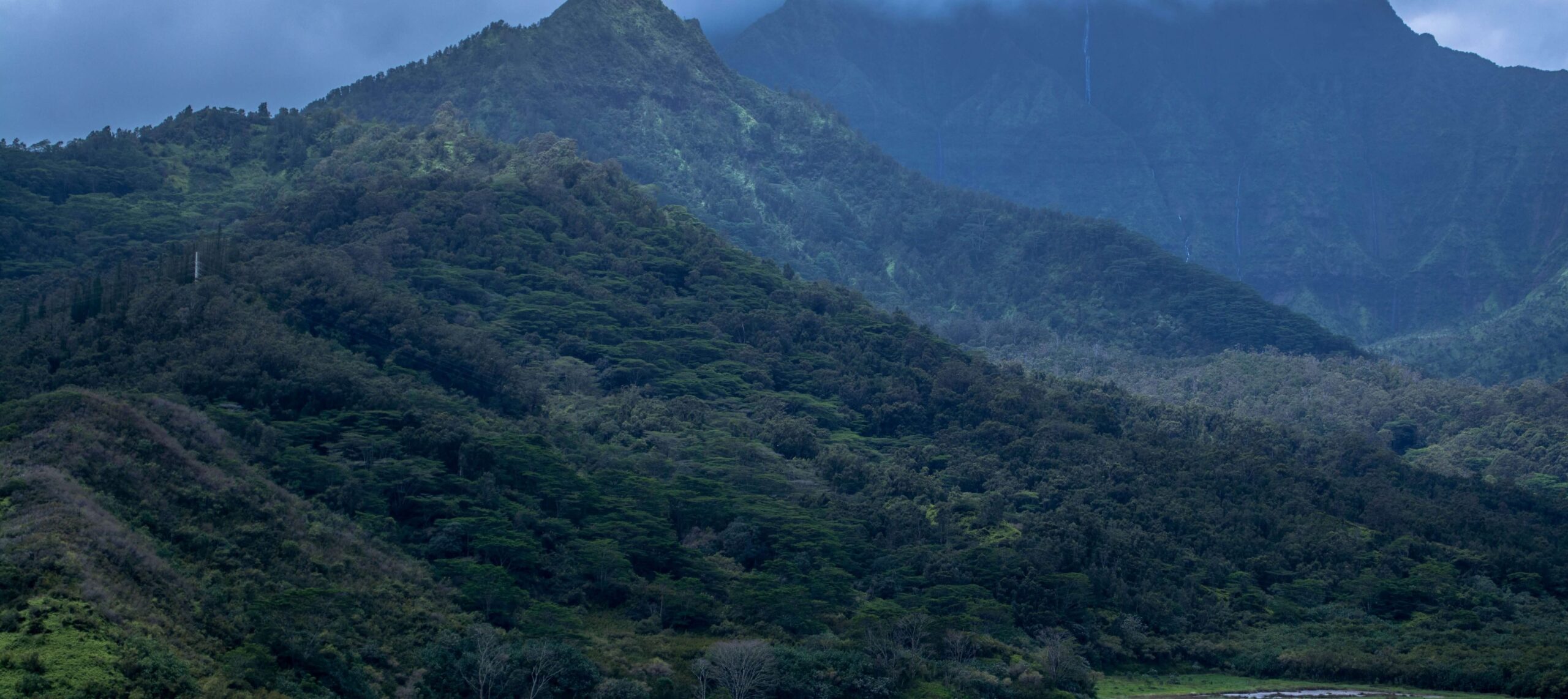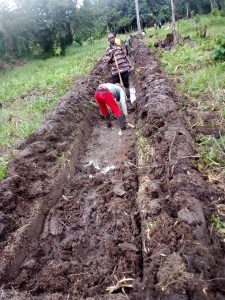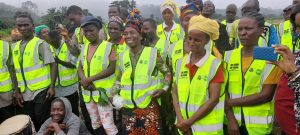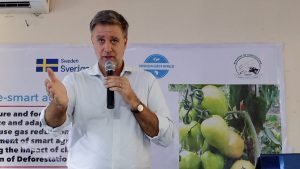Why are forests important in West Africa’s Mano River Basin Region?
Globally, forests are important in regulating climate. Locally, forest sustain thousands of communities and support biodiversity in West Africa’s Mano River Basin region.
Limiting the average global temperature increase to 1.5°C will be impossible without a major role for forests, both because of the massive emissions reductions that can be achieved by ending deforestation and because of the additional carbon that can be sequestered through improved forest management and reforestation.
Eliminating emissions from deforestation and increasing carbon removals by promoting forest regrowth and landscape restoration could reduce global net emissions by up to 30 per cent, and over the next decade, forests could provide as much as 50 per cent of the cost-effective mitigation available.
Forests also provide non-carbon services that are essential for human societies to thrive: from its role in sustaining livelihoods to providing water and food security and regulating rainfall patterns across West Africa Mano River Basin Region.
What are the problems?

Illegal logging is often the first and critical step towards forest clearance for agriculture and plantations (and in some cases mining) in West Africa’s Mano River Basin. Both illegal logging and illegal forest conversion are products of wide-scale market and governance failure.
Deforestation and forest degradation continue harm biodiversity at alarming rate in Liberia and across the entire Mano River Basin region, contributing to climate change and increasing poverty. Researchers have estimated that approximately 3 million hectares of forest is lost in total each year around West Africa. Evidence suggests that for every million hectares of forest destroyed, up to a billion tonnes of C02 (equivalent) are lost into the atmosphere; and the standing forest that is lost can no longer remove greenhouse gases from the atmosphere.
In addition, million poor people depend on forests – fuel, fodder, wood and food – for their livelihoods in West Africa’s Mano River Basin region. Forest clearance (deforestation) and illegal logging (forest degradation) and its related trade also deprive forest-dependent people of their livelihoods. Illegal logging is often the first and critical step towards forest clearance for agriculture and plantations in the region.
Understandingly, much of forest clearance in the Mano River Basin region is legal and contributes to economic development. However, a substantial proportion contravenes national regulations and laws. Illegal forest clearance is occurring for the expansion of oil palm and other plantations regardless of the conservation or livelihood values of those forests involved. In these processes, indigenous people continue to lost their lands and livelihoods.
How is VOSIEDA’s Forest Program tackling these problems?

VOSIEDA and her international partners support indigenous communities in securing their rights and sustainably managing forested landscape.
VOSIEDA work with our governments, civil society, communities and international partners to build thriving and productive landscapes, to advance the rights and interests of forest communities, to engage investors, and to implement effective forest and land-use policies in Liberia and West Africa Mano River Basin region for the benefits of people and planet.
Through advocacy, field projects and capacity building, we support forest peoples in Liberia and other parts of West Africa’s Mano River Basin to shape their lands and save their livelihoods through sustainable forest conservation. We empower communities to co-manage and controlled tropical forest blocks within which they live, ensuring sustainable livelihoods, equity and well-being for future generations
Do you need more information? Meet our Expert.
Programme Coordinator
Environmental Security & Natural Resource Governance
